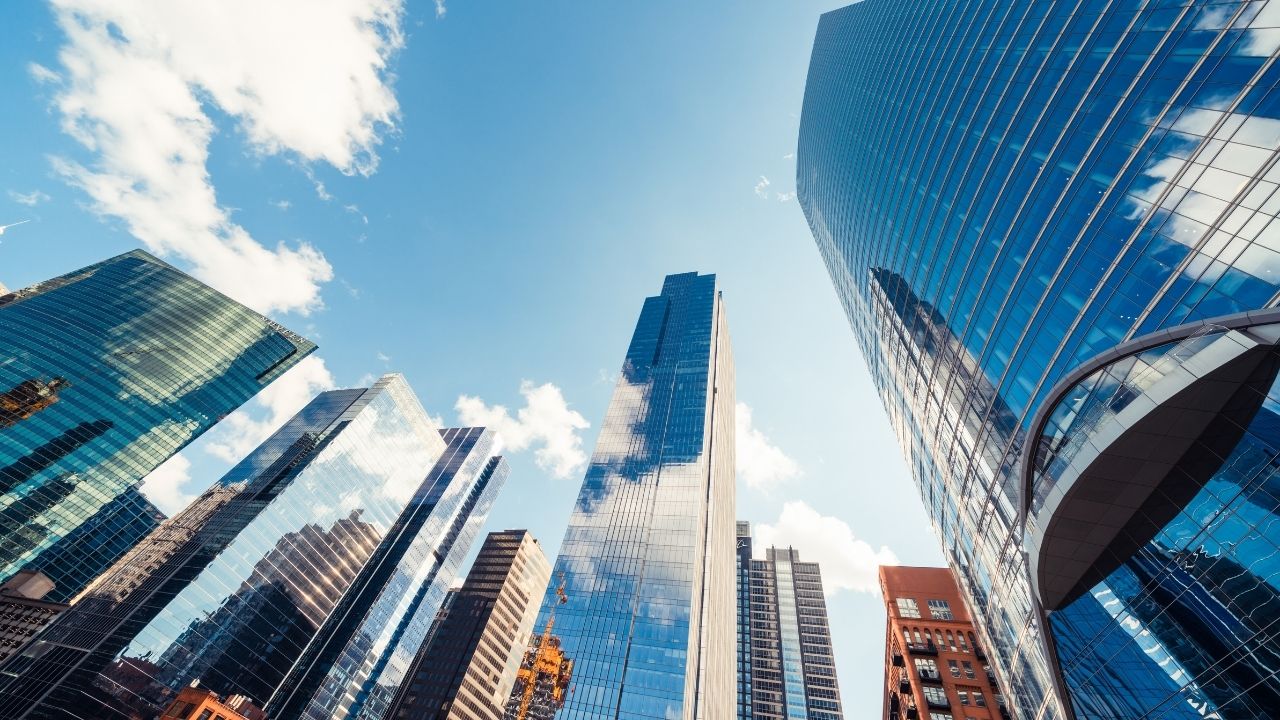The pandemic accelerated the commercial real estate industry’s wide adoption of new innovative tools and practices.
Although necessary to stay afloat and thrive during the last two years, this innovation will continue to define the future of the industry.
One instance of necessary innovative thinking in the commercial real estate world is the reality of climate change. This environmental shift has led to harsher weather and is only expected to worsen.
However, real estate professionals can use new technological advancements to improve their sustainability in the coming years. Not only is this necessary for the health of the planet, but 40% of real estate professionals stated seeing increased demand for sustainability from tenants.
Addressing this can come in various forms — from incorporating solar panels to adopting more recyclable materials when constructing buildings.
Our evolving culture will also play a significant role in how the commercial real estate industry operates.
For instance, a 2020 report from JLL touched on four factors that are impacting the need for office space: remote working, office design, commuting patterns, and technology.
The reality is, many companies are turning to hybrid models to accommodate the new needs of employees, meaning landlords will have to do the same.
Instead of offering open floor plans, tenants will require more private, enclosed areas to take calls and focus on solo work.
The shift in commuting patterns will have the biggest impact on where we see offices. With more and more people migrating away from cities and into the suburbs, landlords and investors will incorporate decentralized locations for their portfolios.
















